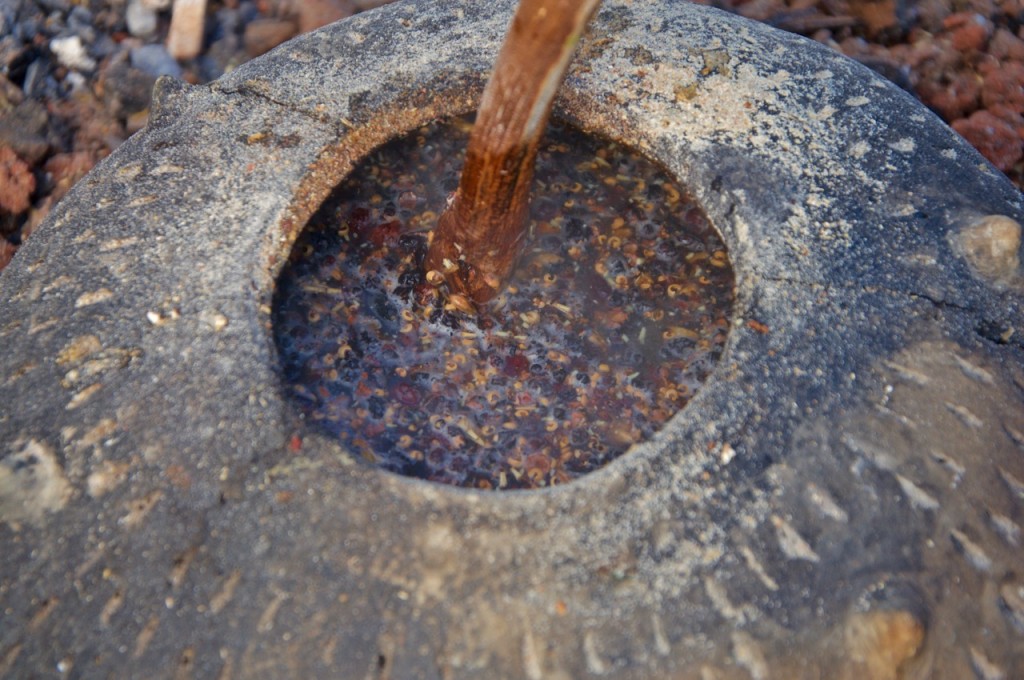
The common myrtle berries (myrtle common) and the hawthorn (Crataegus monogyna) are the ingredients secrets of craft beer, made with the methods and products that the prehistoric inhabitants of Alcalar would use, 5000 years ago, in this area located in the interior of the current municipality of Portimão.
The presentation of this artisanal beer and its tasting will be one of the great novelties of the commemorations of the International Day of Monuments and Sites, on 15 and 16 April, organized by the Museum of Portimão, and which will be based on the museum structure and the Monuments Alcalar megaliths.
The recreation of this beer, using methods and ingredients such as those used by Alcalarenses for five millennia, is the result of the joint work of archaeologist Elena Morán and young Algarve brewery masters André Gonçalves and Ruben Silva. The experience was also supported by the Portimão Museum, namely its history technician, António Pereira.
Elena Morán explained to Sul Informação that «the ingredients (cereal and fruit) correspond to those that were collected by us, by flotation, and identified in the laboratory by our botanist, Prof. Hans-Peter Stika, University of Stuttgart».
Among these thousands-year-old seeds, the botanist identified the myrtle and hawthorn, fruits of those plants, and which are known to have been used in brewing, long before hops, coming from the Black Sea, arrived in Western Europe, in the Middle Ages.
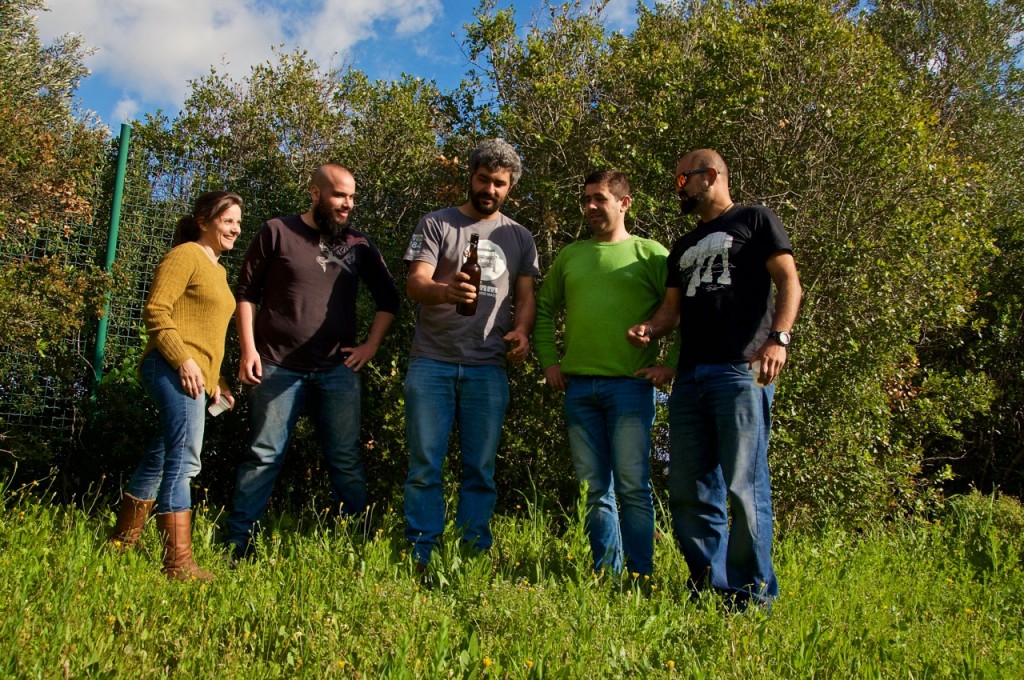
Andre Goncalves, one of the creators of «Marafada», the first craft beer in the Algarve, explains, in turn, that hops, «which gives aroma and is almost a condiment of beer», could not be used in this rigorous recreation of the beer that our ancestors produced in Alcalar.
“We carried out experiments to arrive at this beer, made from barley [whose ancient seeds were also identified in Alcalar], myrtle and halibut”. The result is a more bitter beer, with a different flavor and aroma even from the craft beers that are now in fashion and, therefore, «may not please everyone». However, André Gonçalves guarantees, from the first batch produced in his brewery there is little left: «the archaeologists liked it and so did we».
Elena Morán adds that the preparation of this beer, a true example of experimental archeology, started last week, with a «controlled environment test, in André and Ruben's laboratory, in aluminum containers, like the other craft beers they produce. ». This test went «very well» and this week a second batch was made, now using clay pots made by the artist and ceramist Sara Navarro.
«The globular pot was borrowed by Sara Navarro, whose experience with clay and fire has also been important to Alcalar's research. This piece is a contemporary reinterpretation of prehistoric ceramics», said the archaeologist.
«This clay pot is no longer the controlled environment of the first batch, but the results were also very good», guarantees the archaeologist, for whom Alcalar's prehistoric beer is «highly recommended». This beer produced in Alcalar, using local ingredients and ancient techniques, is now fermenting.
For now, André Gonçalves does not know whether or not he will one day bottle and sell this new beer, perhaps using the name «Alcalar», and marketing it in collaboration with the Museu de Portimão and its Grupo de Amigos. «Given its special characteristics, we don't know if there is a public that might prefer and enjoy a beer without hops. A beer of this type has never been bottled», admits the master brewer.
Well, this beer will be precisely one of the stars the commemorations of the International Day of Monuments and Sites, which last from 15th to 16th of April, Friday and Saturday.
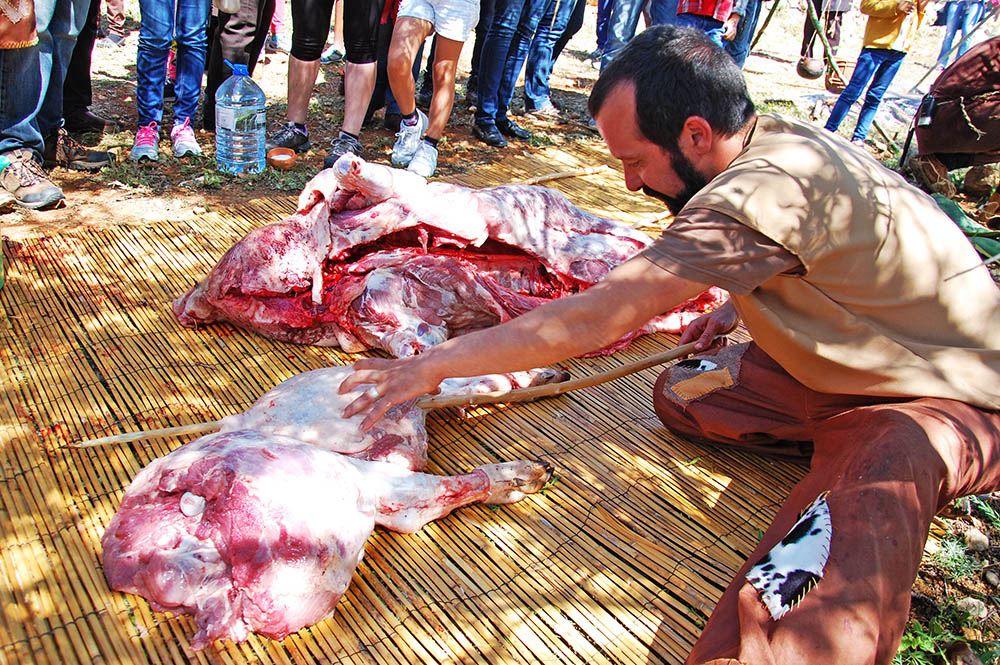
On the 15th, the conference entitled «Once upon a time in Prehistory» will take place, dedicated to Experimental Archeology, an innovative scientific area where the Megalithic Monuments of Alcalar, managed by the Museum of Portimão, are among the pioneers in Portugal.
With five presentations planned, namely by José Antonio Riquelme, from the University of Córdoba (Spain), or by experimental archaeologist Pedro Cura, among others, and a tasting of craft beer on the banks of the Arade river, reflections on the different aspects of the work will be presented. which has been carried out in the Megalithic Monuments of Alcalar, scientific contributions, experimentation and the very management and dissemination of space. The conference will take place at the Museu de Portimão, between 15:00 and 18:30, with free entry, subject to prior registration (click here for the detailed program).
On Saturday, the 16th, between 10:00 am and 16:30 pm, at the Megalithic Monuments of Alcalar, another historical recreation will take place “A day in Prehistory”, a landmark event, which, only last year, featured 1600 visitors.
In this 15th edition, the program goes beyond the usual ateliers where the daily life of Alcalar is portrayed and the visitor can test the skill of hunting, weaving, molding ceramics, cultivating and reaping, among other experiences.
Experimental archeology once again marks the offer of this initiative, with a set of proposals that will allow the visitor to participate and watch the preparation of food, from the "unwrapping" of a pig, to the use of all its meat and bones, to its confection.
Seafood, cockles, clams and fish are also part of the menu that the most curious can taste.
Without matches or knives, the team, specialized in this type of experimentation, will make the fire and prepare the food as if it were going back 5000 years, using stone tools.
Through the "soenga", visitors will understand how the ancestral firing process of ceramics was, with direct fire, and also get to know the practices of cutting lithics (stones) and other materials that could possibly be used in the manufacture of tools, axes. , arrowheads, adzes and arrows.
It will be a day of experiences based on the studies already carried out on the Alcalarense territory and the work carried out by researchers from the universities of Stuttgart (Germany), Cordoba (Spain) and the Archeology Center of the University of Lisbon.
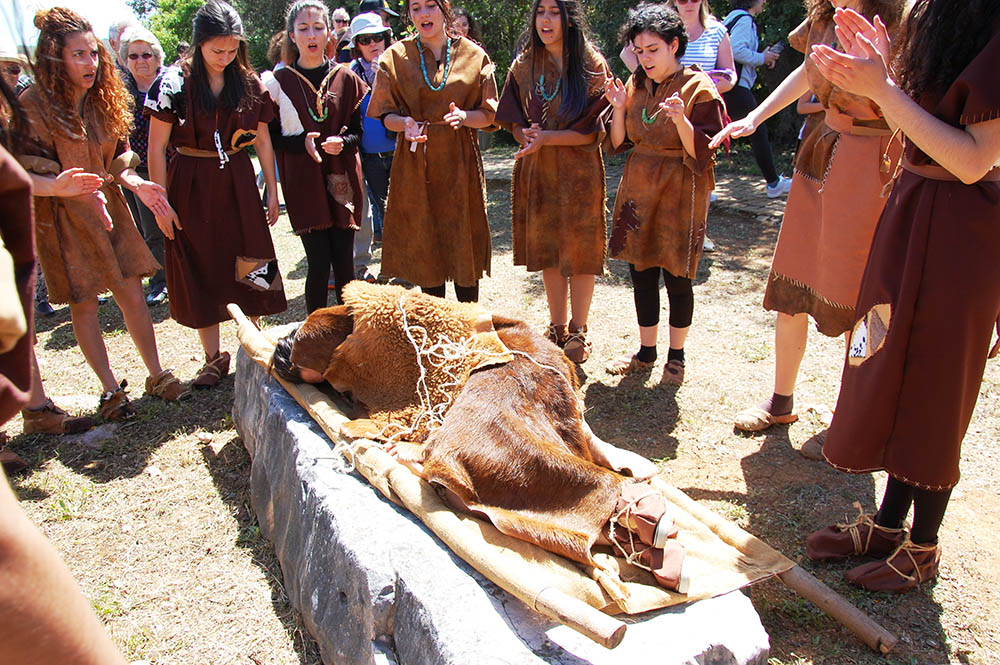
For time travel to become a reality, there will be stagings performed by the Bemposta School of Arts Theater Group and visitors will be able to learn, through commented visits, the history of the Alcalar community.
The event, organized by the Municipality of Portimão, the Museum of Portimão and the Regional Directorate of Culture of the Algarve, extends, as last year, to the territory where the community of Alcalar developed its activities for 5000 years, assuming an inter-municipal character , through a partnership between the municipalities of Portimão, Lagos and Monchique (which again offers pork) and the Parish Councils of Portimão, Alvor and Mexilhoeira Grande.
This year, once again, the program for the commemorations of the International Day of Monuments and Sites has significant financial support from the application made by the Group of Friends of the Museum of Portimão to the DiVaM Program of the Regional Directorate for Culture of the Algarve.
The Day in Prehistory has free admission and is supported by Jumbo, Hotel Jupiter, Pestana Group, Restinga Restaurant, Myself Restaurant, Clube Instrução and Recreio Mexilhoeirense, Escola da Bemposta and Cerveja Marafada.
See here more photos of Alcalar's prehistoric beer experience:
(Photos: Ricardo Soares)
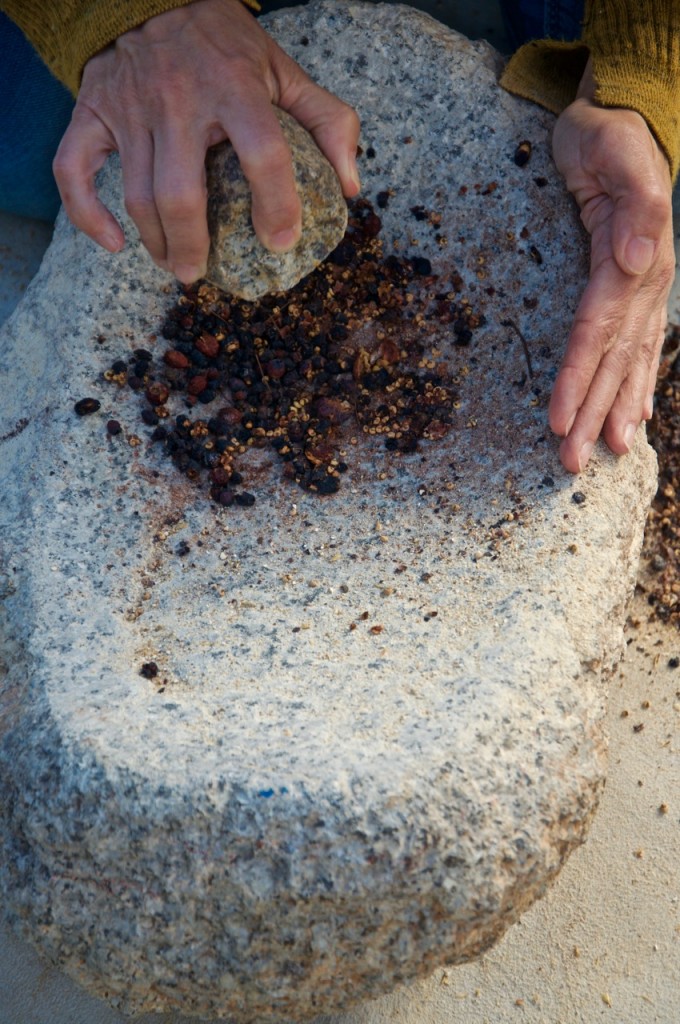
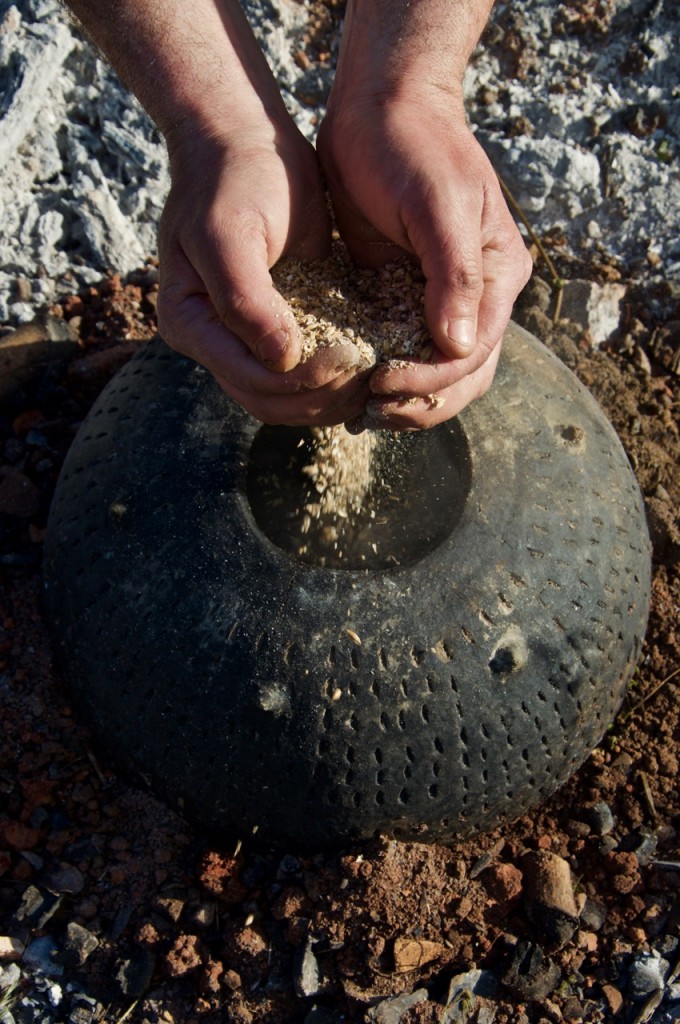
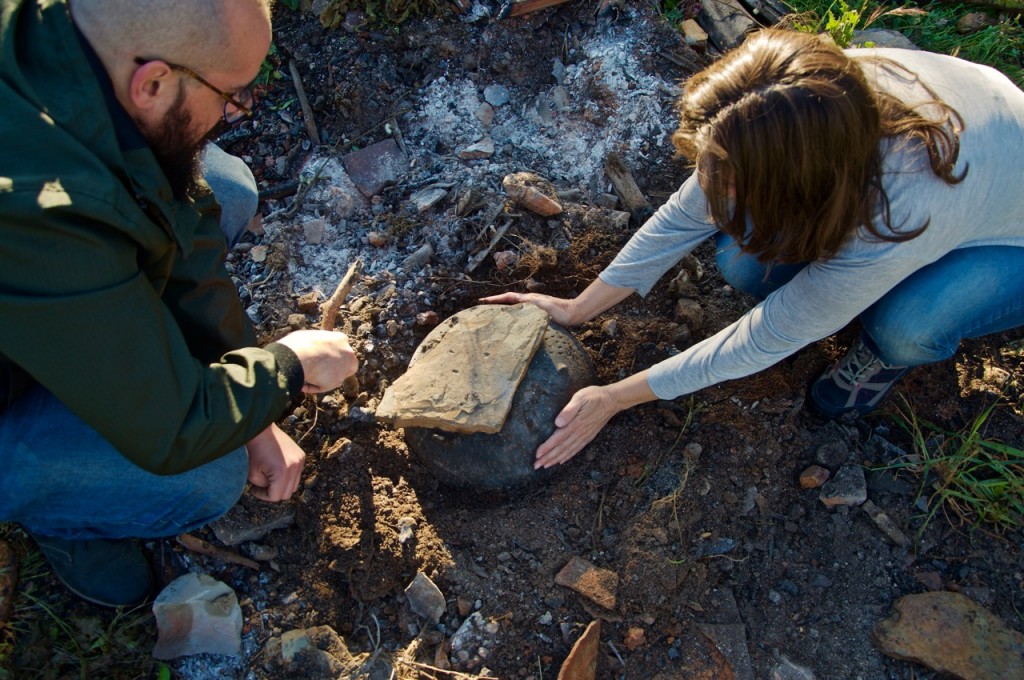
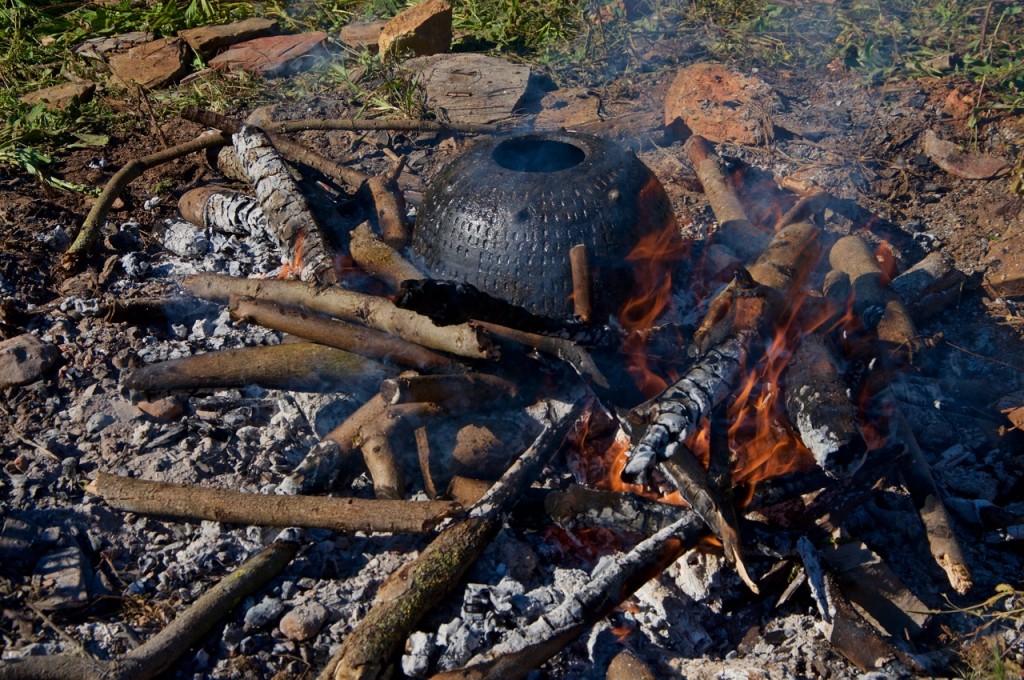
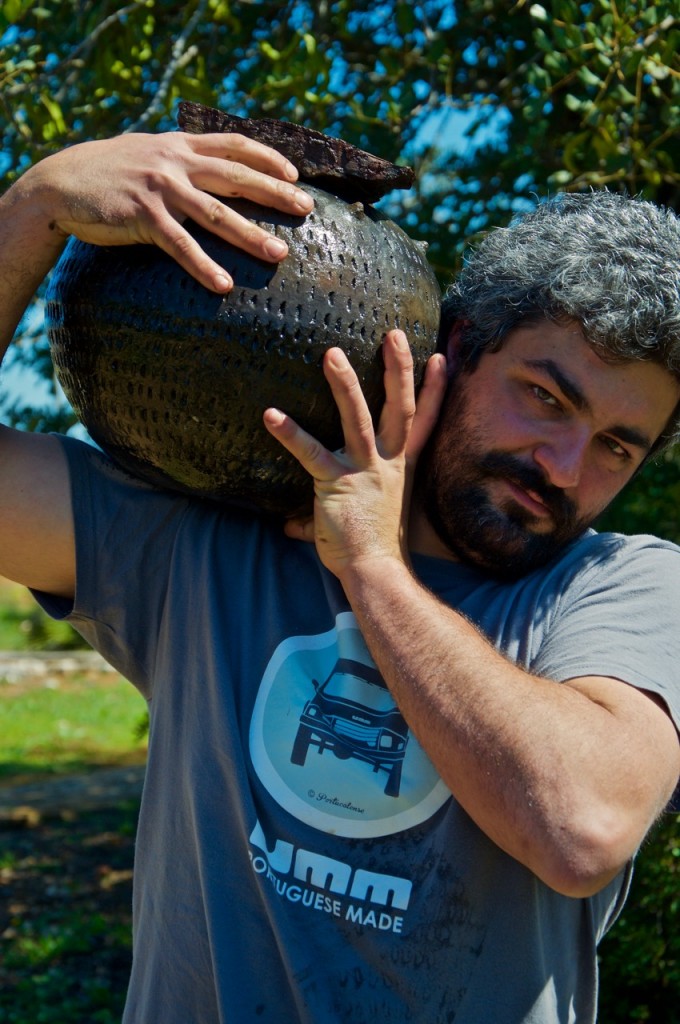


















Comments